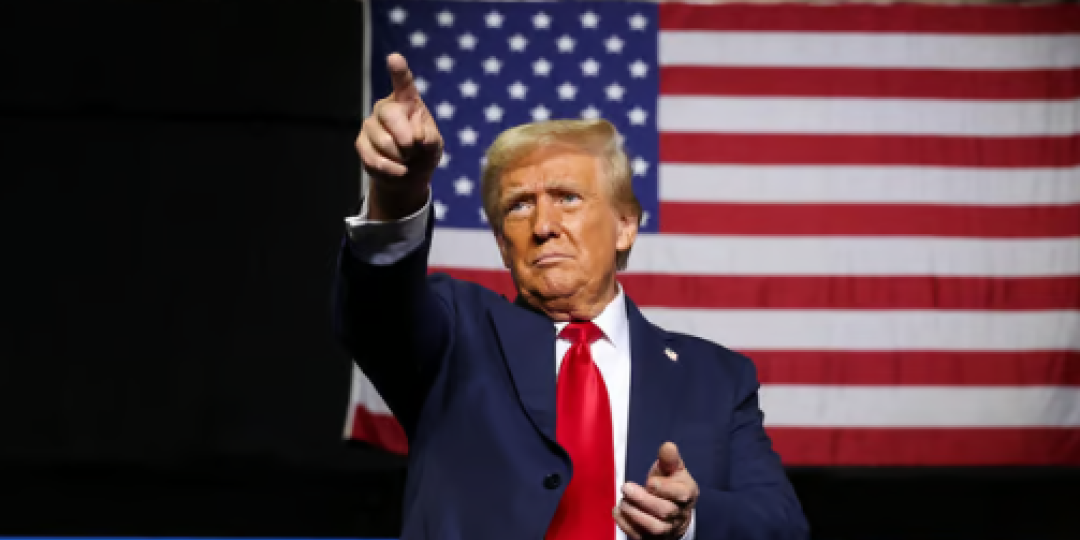Resource-reliant countries could find they are collateral damage in a looming trade war between the United States and China following the election of Donald Trump as the next president.
The price of most global commodities dipped on the news that he had won the presidential race.
Trump has promised to introduce a 10% universal tariff on imports from all foreign countries and a 60% tariff on imports from China.
A reduction in Chinese exports to the United States is expected to dampen Chinese demand for copper, zinc and iron ore, in particular. China is currently the major market for these commodities.
The fallout would be felt across the continent.
According to the United Nations Conference on Trade and Development (Unctad), 45 out of 54 (83%) African countries are dependent on commodity exports.
Policy-wise, Trump is expected to continue to focus on what is good for American business.
During his first term he introduced the “Prosper Africa” programme.
“The main idea was to ease the cost of doing business, to smooth the process of doing business, between US and African business interests. To that extent, you could say that the Trump administration had a plan for Africa,” senior fellow for African Studies at the Council on Foreign Relations, Ralph Bunche, said in an online discussion.
Commentators point out that Africa did not feature on either candidate’s radar.
Speaking during the same discussion, senior fellow for Africa Policy studies, Michelle Gavin, said the lack of any direct reference to Africa during the campaign was a concern “in the context of national security concerns. There is an anachronistic idea that Africa is a peripheral part of the world that doesn’t affect the United States”.
Bunche believes that the general attitude towards Africa has shifted dramatically in the short four years that Trump has not been in office.
“We’ve had a major epidemic. We’ve since had the war in Ukraine and the consequences that came in the wake of that. It’s a different geostrategic environment, and one in which, arguably, the United States has lost considerable ground to some of the competition, especially China and Russia.
“A next Trump administration will have to come to terms with the fact that it is no longer the Africa that was there four years ago, that things have changed drastically.”
There is consensus among analysts that the United States will be competing against China and Russia, primarily to secure supplies of strategic minerals.
“There are so many different external actors who see Africa as a critical part of their grand strategy going forward, and have even less confidence in the United States to take the interests of African populations necessarily into account,” added Gavin.













